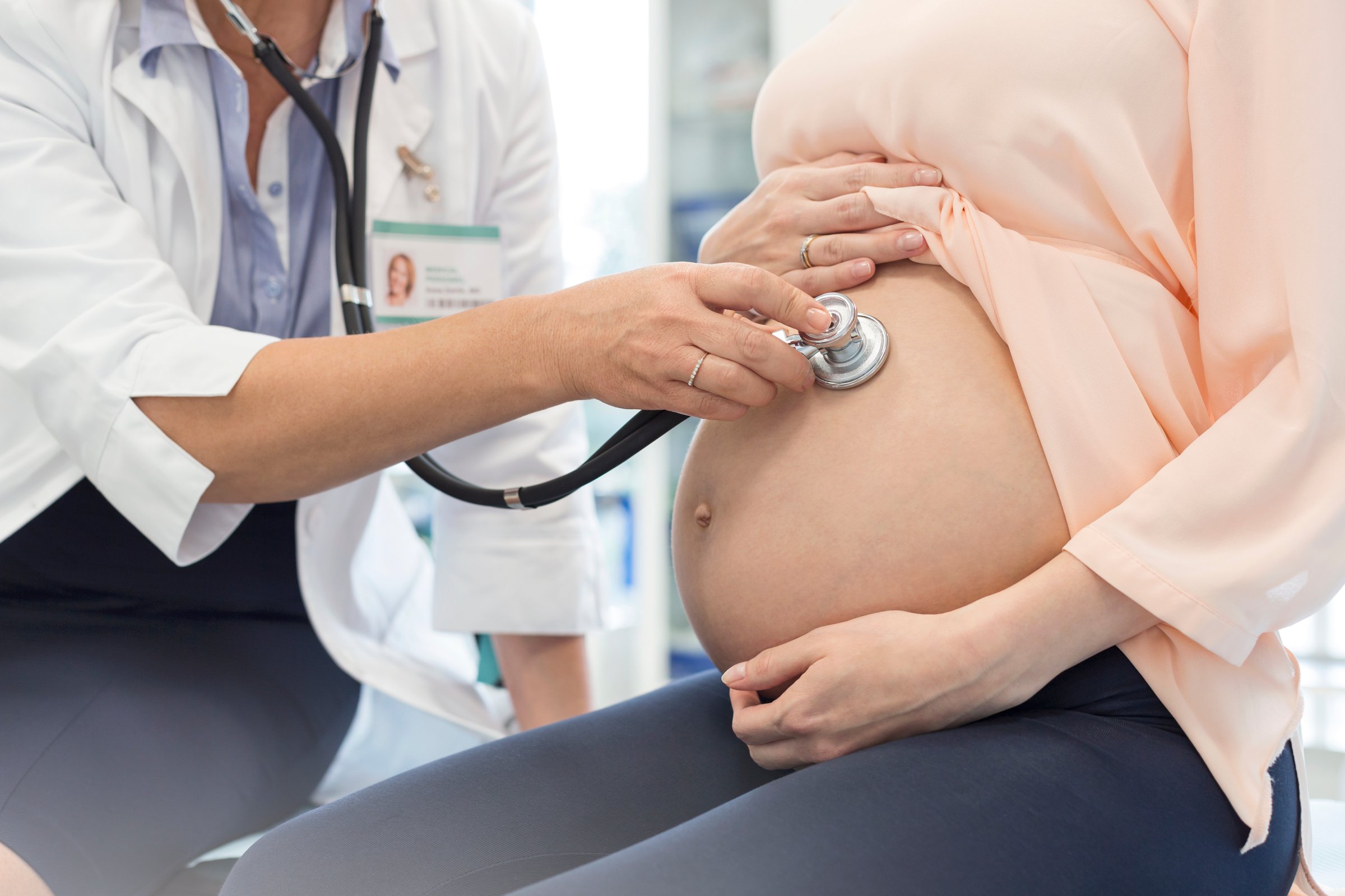
It’s more and more popular for women to delay childbearing for all kinds of reasons, as they pursue education and career goals. Later pregnancies are linked to more complications, but in a new study of more than 28,00 women, researchers found that delaying childbirth is associated with longer life.
Aladdin Shadyab, a post doctoral fellow in family medicine and public health at University of California San Diego School of Medicine, and his colleagues studied women enrolled in the Women’s Health Initiative (WHI), a multi-year study of post-menopausal women in the U.S. Of the nearly 28,000 women, around half survived to reach age 90. What distinguished these women, says Shadyab, was that they were slightly older when they had their first child. Compared to women who weren’t yet 25 when they first gave birth, women who were older than 25 were 11% more likely to live to 90. Furthermore, women who had two to four children were more likely to live longer than those who had one—however, this relationship was only true among white women and not black women.
“Previously studies have looked at some reproductive events and their relationship to death, but not to longevity per se,” says Shadyab, who reported the results in the American Journal of Public Health. “Our study is the first to look at age at first childbirth and parity [number of children] in relation to survival to very advanced age.”
He and his team accounted for a number of factors that could affect longevity or reproductive choices, including mother’s age, race, education, income, marital status, BMI, smoking, alcohol consumption and contraceptive use. Even after these adjustments, the relationship between older age at first childbirth and longevity remained significant.
They study was not designed to delve into why the association existed, but previous data suggest some potential reasons. First, it’s possible that the women who had two to four children were generally healthier overall than women who had one child; the fact that they were able to have several term pregnancies may simply be an indication of their overall better health and therefore higher chances of living to old age.
Second, it’s possible that social factors such as income and education may be markers for women’s access to health care. Women who have babies later in life tend to delay childbirth because they are pursuing higher levels of education; since education and income tend to pair together, women having children later may just have more access to healthcare, which allows them to live longer.
For women who choose to have children later, the findings should be reassuring. “Our findings definitely do not suggest that women should delay childbearing,” Shadyab says; having children later in life is associated with considerably more health risks for both the mother and child. “But they do provide a foundation for future research to look at how important reproductive events are for aging women and longevity. Our findings may help to identify targets for future public health interventions among women in the pre-conception and family planning stages, so they may improve their healthy aging long term.”
One question that additional studies will have to answer is whether the women who have children later and live longer are also healthier as they age. So far, the WHI studies suggest that they do, with fewer chronic diseases linked to aging like heart problems and diabetes.
More Must-Reads from TIME
- Cybersecurity Experts Are Sounding the Alarm on DOGE
- Meet the 2025 Women of the Year
- The Harsh Truth About Disability Inclusion
- Why Do More Young Adults Have Cancer?
- Colman Domingo Leads With Radical Love
- How to Get Better at Doing Things Alone
- Michelle Zauner Stares Down the Darkness
Contact us at letters@time.com